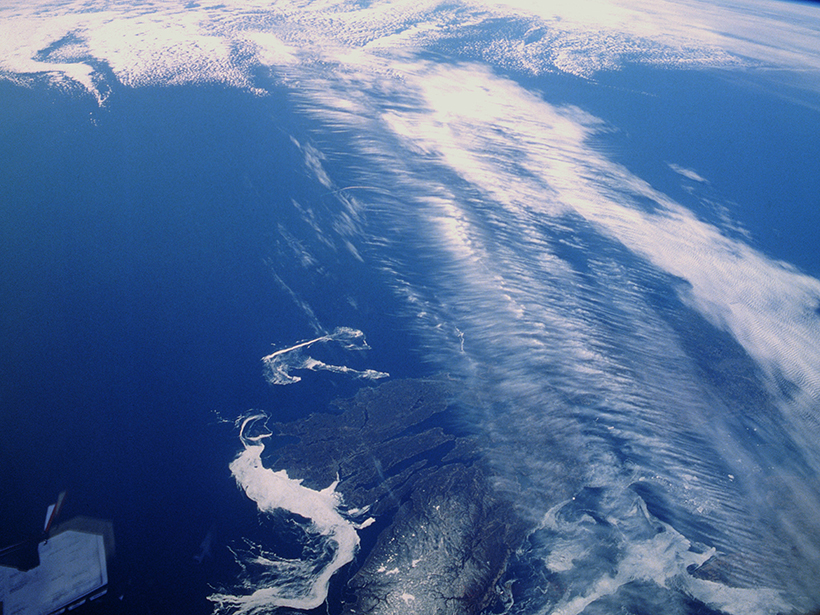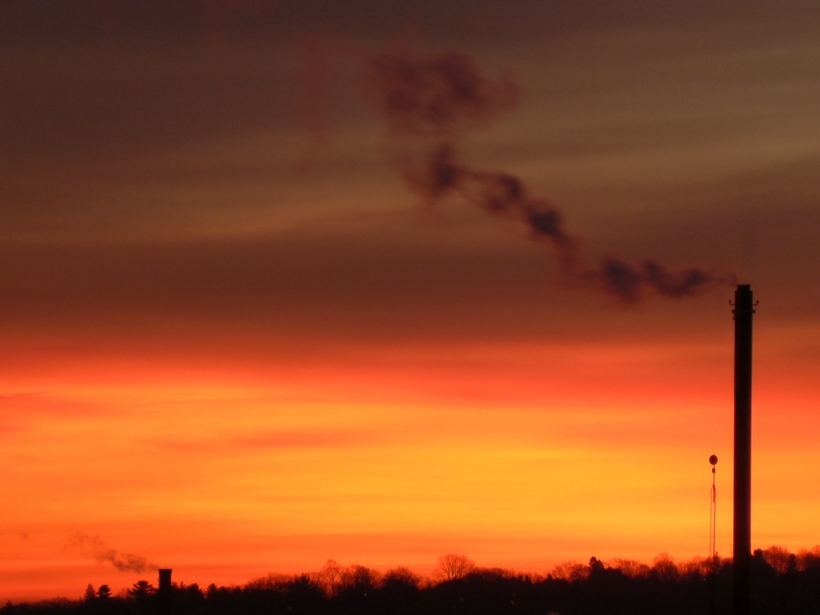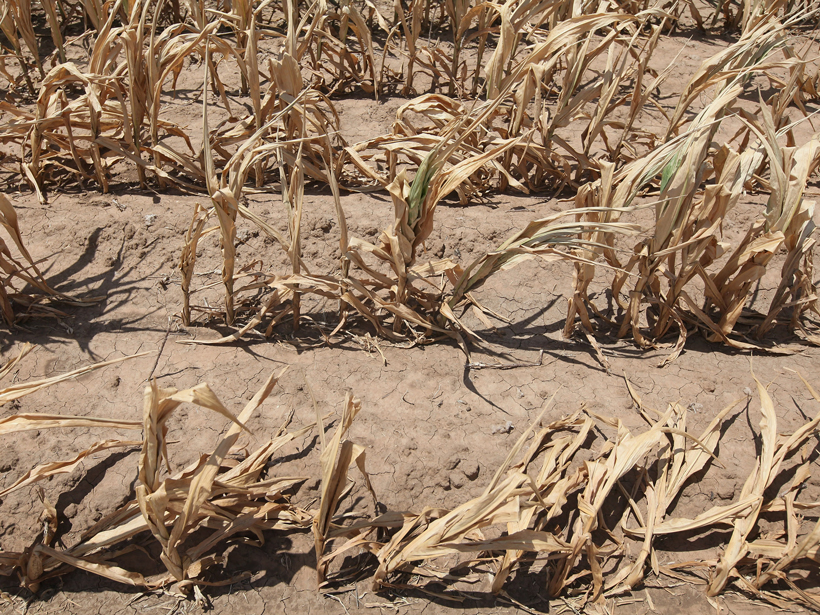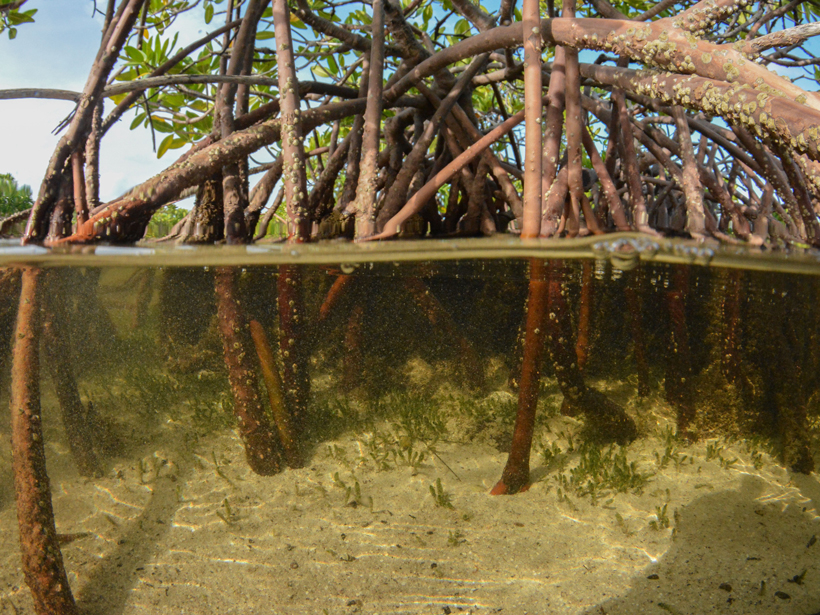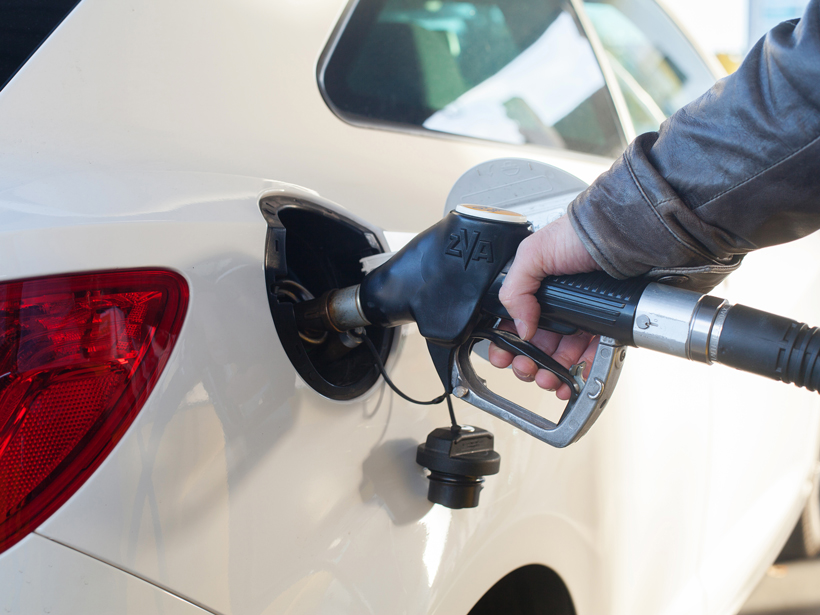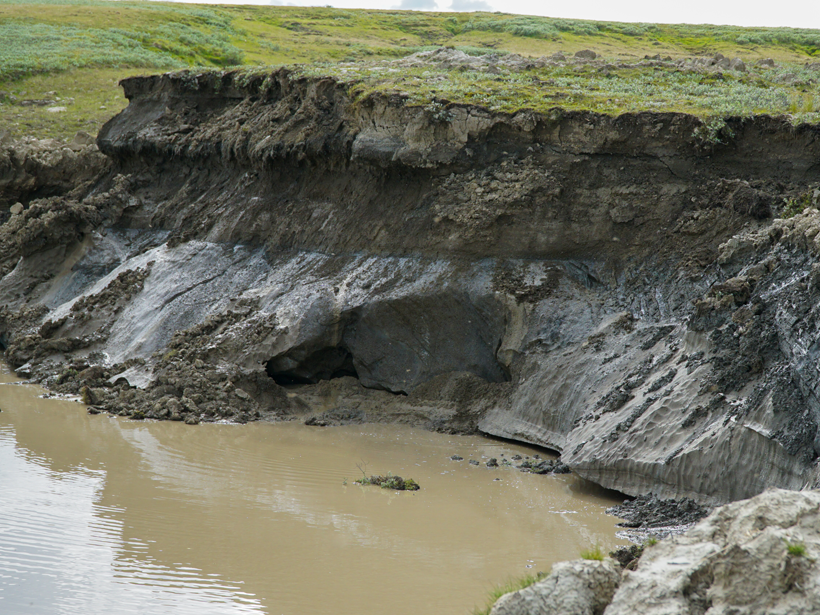NASA's record-high proposed planetary science budget didn't quell the fears scientists have about cuts to Earth sciences.
Climate Change
Including Ozone Complexities in Climate Change Projections
A simplified view of ozone chemistry can cause climate models to overestimate the response of jet streams to increasing greenhouse gases.
How Will Earth Respond to Plans for Carbon Dioxide Removal?
First Workshop of the Carbon Dioxide Removal Model Intercomparison Project; Potsdam, Germany, 20–22 September 2016
Global Significance of the Changing Freshwater Carbon Cycle
Freshwater ecosystems constitute a small fraction of our planet but play a disproportionately large and critical role in the global carbon cycle.
White House Budget Plan Slams Climate and Environmental Programs
The spending blueprint unveiled yesterday precedes a detailed budget proposal expected later this spring. Democrats declared the newly released plan "dead on arrival."
Republican Resolution Urges Congress to Counter Climate Threat
The bill calls for using American ingenuity and innovation to find solutions to changes in global and regional climates but makes no mention of fossil fuel emissions.
Study Finds That Coastal Wetlands Excel at Storing Carbon
Shoreline environments show more promise than other marine ecosystems for mitigating climate change, the analysis shows.
EPA Reassesses Feasibility of Plan to Increase Fuel Efficiency
This January, the Environmental Protection Agency (EPA) finalized mileage standards set in 2012. Now, at the push of the auto industry, EPA and other agencies are going back for another look.
Himalayan Climate Change Affects Regional, Global Environments
6th Third Pole Environment (TPE) Workshop; Columbus, Ohio, 16–18 May 2016
Modeling Permafrost's Role in the Global Carbon Cycle
A team of international scientists surveyed an array of Earth ecosystem models, recommending several ways to reduce uncertainties.


